Introduction
If you’ve noticed brown spots or dying plants in your yard, you're not alone. Dog parents often deal with this issue and wonder, “Is my dog’s pee to blame?” Well, the answer is yes – sometimes.
Dog urine is high in nitrogen, and while nitrogen is great for plants in small amounts, too much of it can act like a fertilizer overload, burning the grass or plants. So, while your dog’s pee isn’t toxic per se, it can lead to plant damage, especially when it hits the same spot repeatedly.
But don’t worry! There are plenty of ways to manage this without having to choose between a gorgeous garden and your pup’s bathroom habits.
Why Does Dog Urine Harm Plants?

The main culprit in dog urine is nitrogen. Your dog’s urine contains high levels of nitrogen because it’s a natural byproduct of protein breakdown in her body. In fact, a little nitrogen is beneficial for your plants – it's what makes grass green and healthy. However, when your dog pees in the same spot repeatedly, the concentrated nitrogen levels become too much for the grass or plants to handle, causing what's called "urine burn."
Think of it like over-fertilizing your plants. While fertilizer helps them grow, too much of it can scorch the leaves and roots. The same principle applies here.
The Role of Nitrogen in Dog Pee
Nitrogen is essential for plant growth, but in large quantities, it can have the opposite effect, causing your plants to dry out and die. Dog urine can overload the soil, leading to those tell-tale yellow or brown spots on the lawn.
Concentration and Frequency of Urination
The more concentrated the urine, the higher the nitrogen levels. Puppies and smaller dogs tend to have more dilute urine, but the frequency at which your dog pees in the same spot also matters. If she’s marking her territory often, the ground doesn’t have time to recover, making the damage worse.
Female Dogs vs. Male Dogs: Does Gender Matter?
You may have heard that female dogs are more likely to cause lawn damage, but is this true? Kind of. It’s not because of what’s in their pee, but how they pee.
Why Female Dogs Are Often Blamed
Female dogs tend to squat when they pee, which means their urine is concentrated in one area. Male dogs, on the other hand, often lift their legs, spraying their pee over a larger surface area. As a result, female dogs' urine can cause more noticeable damage.
The Squatting vs. Lifting-Leg Debate
It really comes down to how the pee is spread out. A male dog’s pee tends to be less harmful simply because it doesn’t saturate one spot as much as a female dog’s squat does. However, both can cause issues if they repeatedly pee in the same area.
Signs That Dog Pee Is Damaging Your Plants
If you're noticing yellow or brown patches in the grass or dead spots in your flower beds, it's likely that dog urine is the cause. These areas usually appear right where your dog tends to relieve herself. If left unchecked, the damage can spread, making your yard look patchy and worn out.
Are Certain Plants More Sensitive to Dog Pee?

Some plants are more vulnerable to the high nitrogen content in dog pee than others. Grass is particularly sensitive, but many delicate flowers, shrubs, and even some trees can suffer as well.
Plants That Are More Vulnerable
- Grass (especially fine or ornamental grasses)
- Flowers like roses, lilies, and daisies
- Delicate shrubs
- Ground covers like moss and ivy
Plants That Can Handle Dog Urine Better
Some hardy plants can tolerate occasional exposure to dog urine, including:
- Clovers
- Tall fescue grass
- Ornamental grasses
- Boxwood shrubs
How Much Damage Can Dog Pee Do to Your Lawn?
The damage varies based on how often your dog pees in the same spot, the type of plants in your yard, and how concentrated her urine is. Repeated urination in one area can lead to long-term damage that’s difficult to repair without replanting.
How to Protect Your Lawn and Plants from Dog Pee

Luckily, there are some simple ways to reduce the damage.
Diluting the Urine
One of the easiest solutions is to pour water over the spot where your dog just peed. This dilutes the urine, reducing the nitrogen concentration and helping to prevent brown spots.
Creating Designated Potty Spots
Another option is to train your dog to pee in a specific area. You can create a designated potty spot using mulch, gravel, or even dog-safe artificial grass, which won’t show the effects of urine.
Natural Solutions to Repair Damaged Grass
If your lawn already has some brown spots, don’t worry! You can revive it.
Watering Strategies
Watering your yard regularly can help flush out excess nitrogen, giving your grass a chance to recover. Aim to water the affected areas deeply to help the roots grow back strong.
Replanting Options
If the damage is severe, consider replanting the affected areas with hardy grass varieties like tall fescue or clover, which are more tolerant of dog pee.
Training Your Dog to Pee in Specific Areas

Training your dog to use a specific spot in the yard can save your plants and make life easier for you.
Positive Reinforcement Methods
Encourage your dog to pee in a designated area by rewarding her with treats and praise when she goes where you want. Over time, she’ll get the message that this is her potty spot.
Designating a Pee Zone
Consider creating a “pee zone” with materials like mulch or gravel that won’t show the effects of dog pee. This not only protects your plants but also keeps your yard looking neat and clean.
Does Diet Affect the Impact of Dog Pee on Plants?
Yes! Some foods and supplements can reduce the amount of nitrogen in your dog’s urine, making it less damaging to plants. Always consult your vet before making any dietary changes, but foods that are lower in protein may help.
Alternative Ground Cover Ideas for Dog Parents
If you’re tired of dealing with brown spots, consider switching up your landscaping.
Using Mulch or Gravel
Areas covered in mulch or gravel are less likely to show the effects of dog pee. Plus, these materials are easy to clean and maintain.
Pet-Friendly Landscaping Ideas
Plants like clover, fescue, and even some types of ornamental grass are better able to handle dog pee. You might also want to consider creating raised flower beds or using large, potted plants to keep them out of reach of your dog.
DIY Solutions to Prevent Dog Pee from Damaging Plants

There are several simple, cost-effective solutions you can try at home.
Sprinkling Water After Pee
As mentioned earlier, pouring water over the area right after your dog pees can help dilute the urine and prevent damage.
Homemade Barriers
If certain plants are particularly sensitive, consider setting up small barriers around them. You can use rocks, fencing, or even decorative planters to keep your dog from peeing too close to these plants.
Commercial Products to Protect Your Yard from Dog Pee
There are also commercial products designed to neutralize the nitrogen in dog urine before it can cause damage. Lawn repair kits, dog-safe fertilizers, and sprays can all help keep your yard healthy.
Is Dog Pee Harmful to Other Pets or Wildlife?
Dog urine isn’t usually harmful to other pets or wildlife, but it can cause irritation to plants and animals if left in concentrated amounts.
Conclusion
Balancing a beautiful garden and a happy dog isn’t always easy, but it’s totally possible with a little effort. By understanding why dog pee harms plants and taking some simple steps to mitigate the damage, you can keep both your yard and your furry friend happy.
FAQs:
1. Can dog pee kill all types of plants? Not all plants are equally sensitive to dog pee, but most will suffer if exposed repeatedly.
2. Will my dog get sick from peeing on plants? No, peeing on plants won’t make your dog sick, but it may irritate sensitive plants.
3. How often should I water my yard to minimize pee damage? Watering your yard after your dog pees can dilute the urine, so aim to do this regularly in affected areas.
4. Do dog pee spots attract pests? While the nitrogen in urine can damage plants, it doesn’t usually attract pests.
5. What are the best ground cover alternatives for a dog-friendly yard? Consider using mulch, gravel, or hardy plants like clover that can tolerate dog pee.


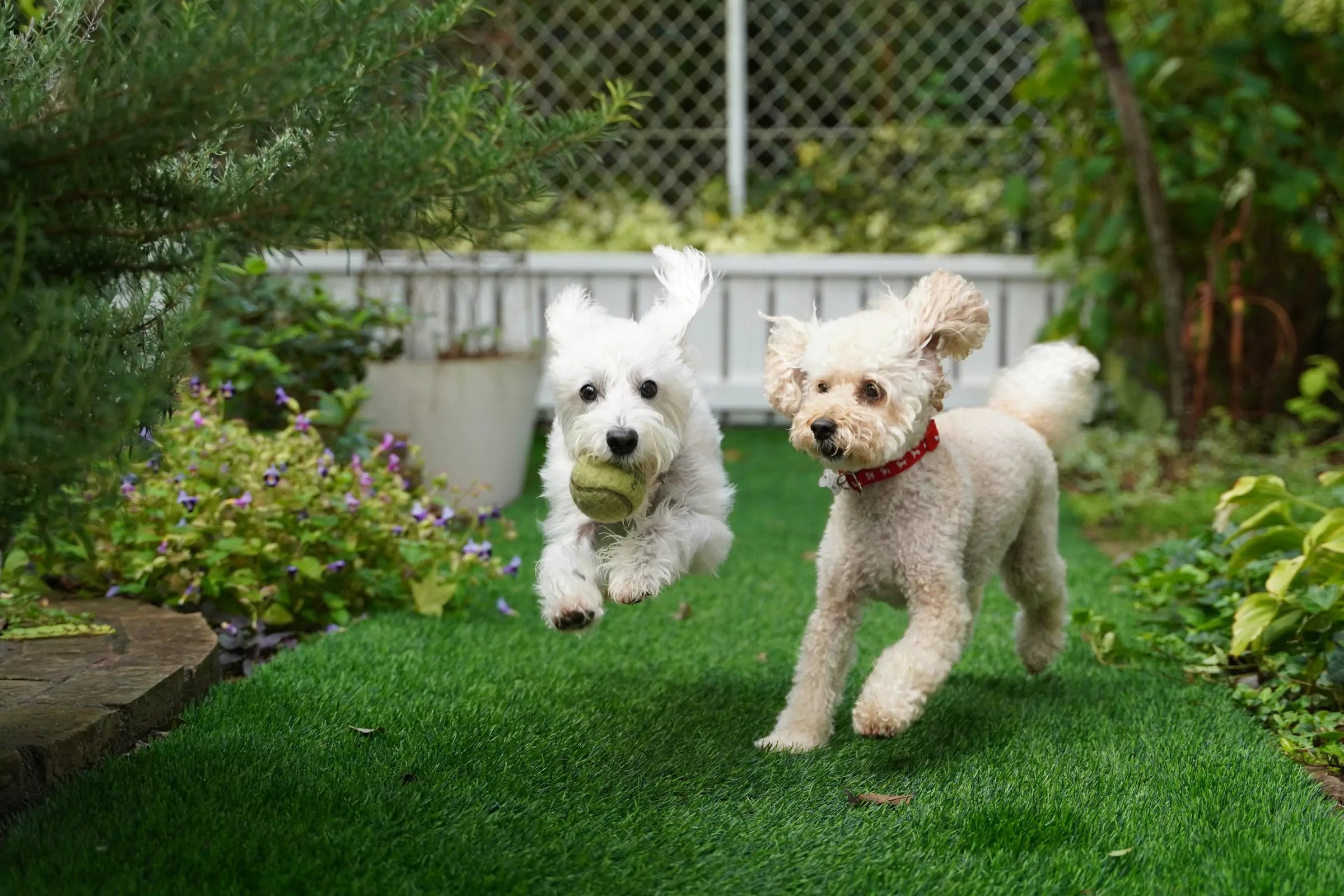
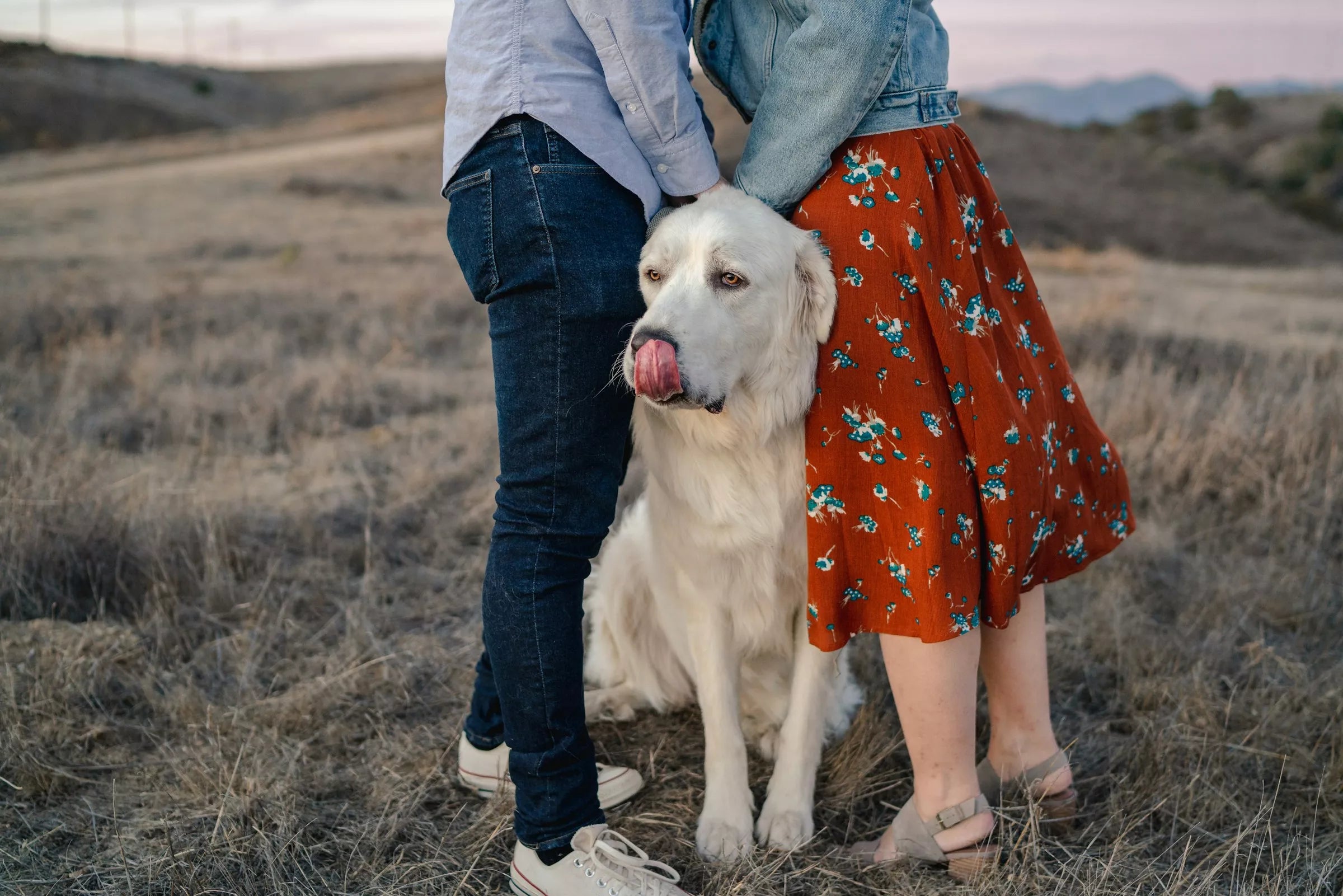
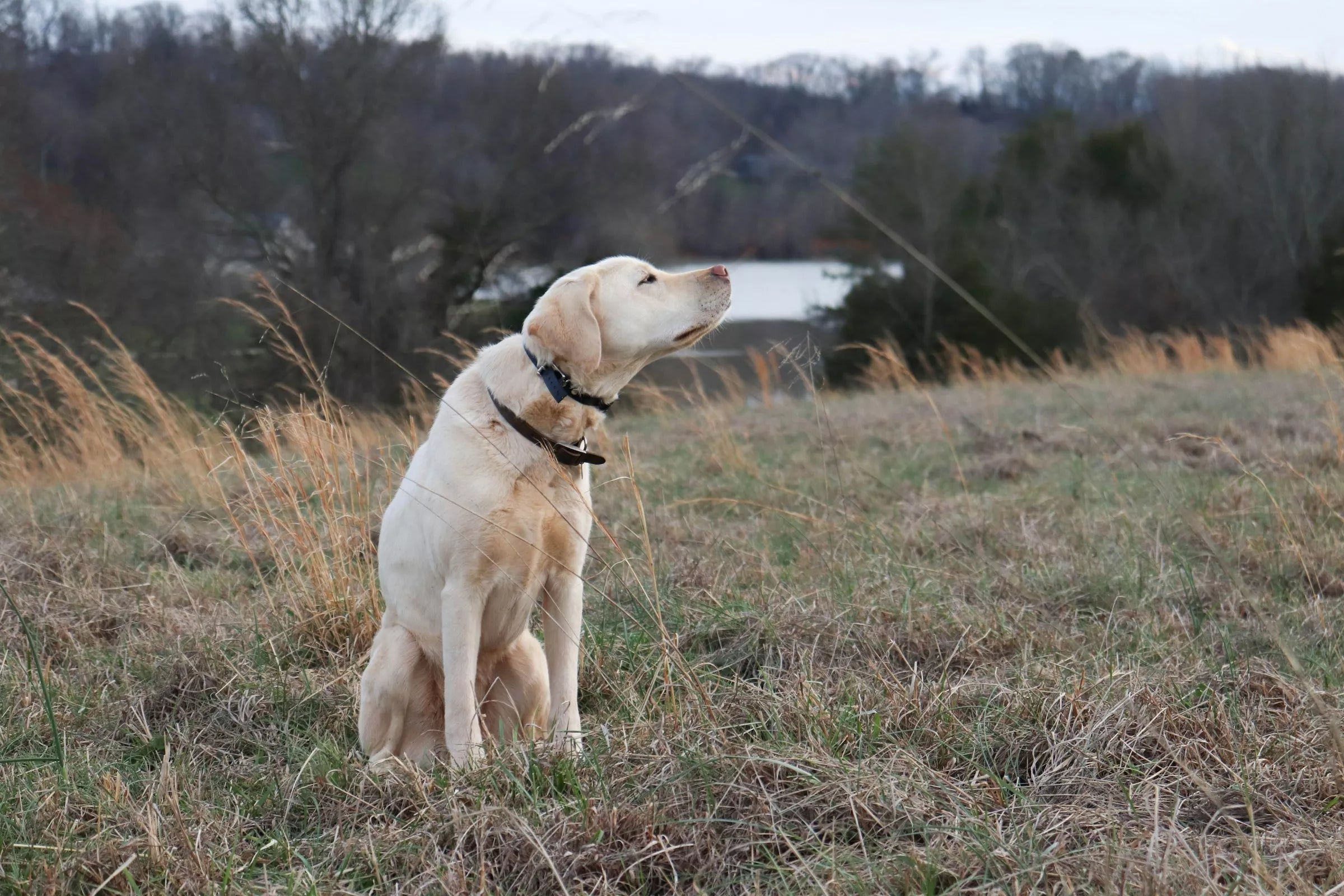
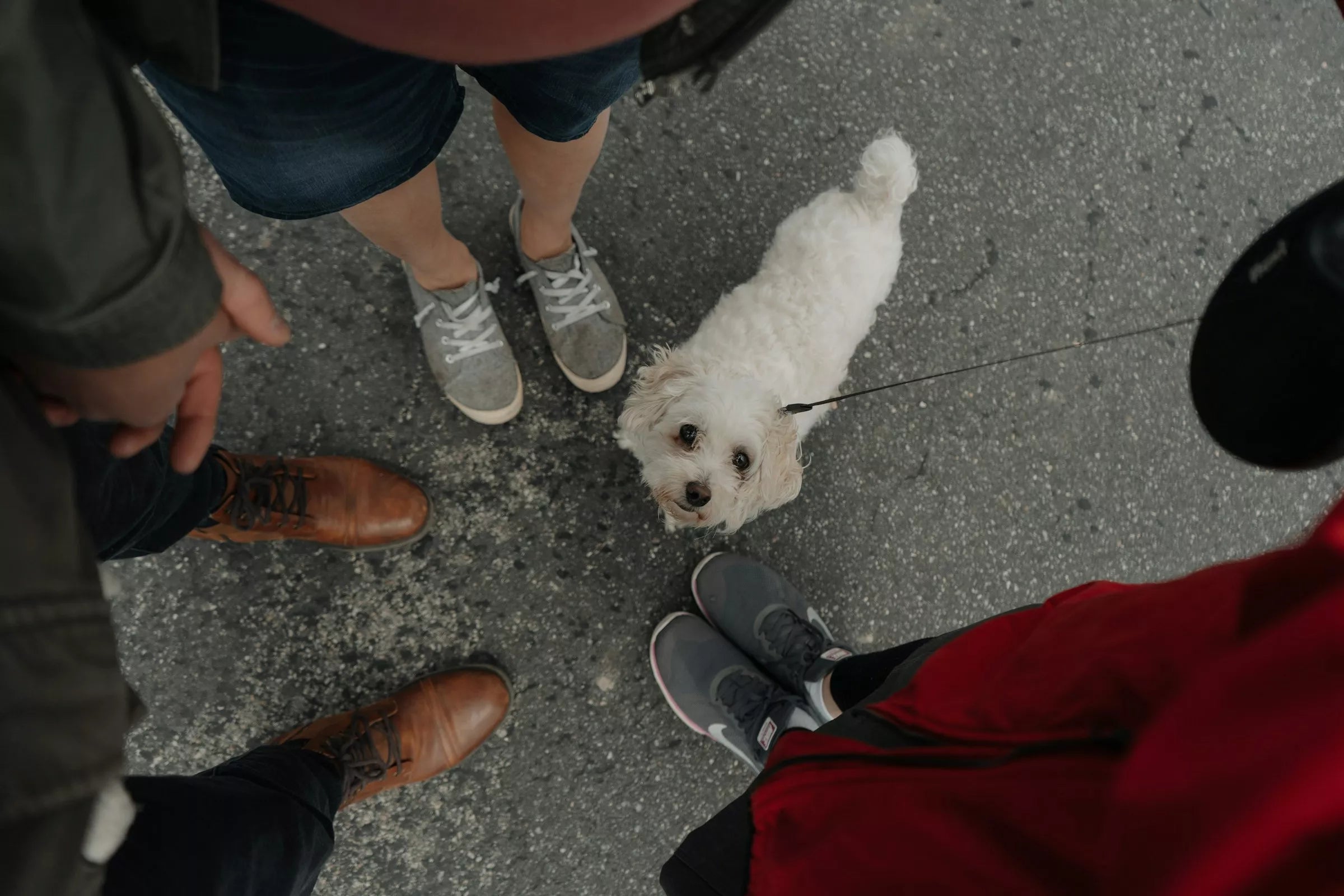
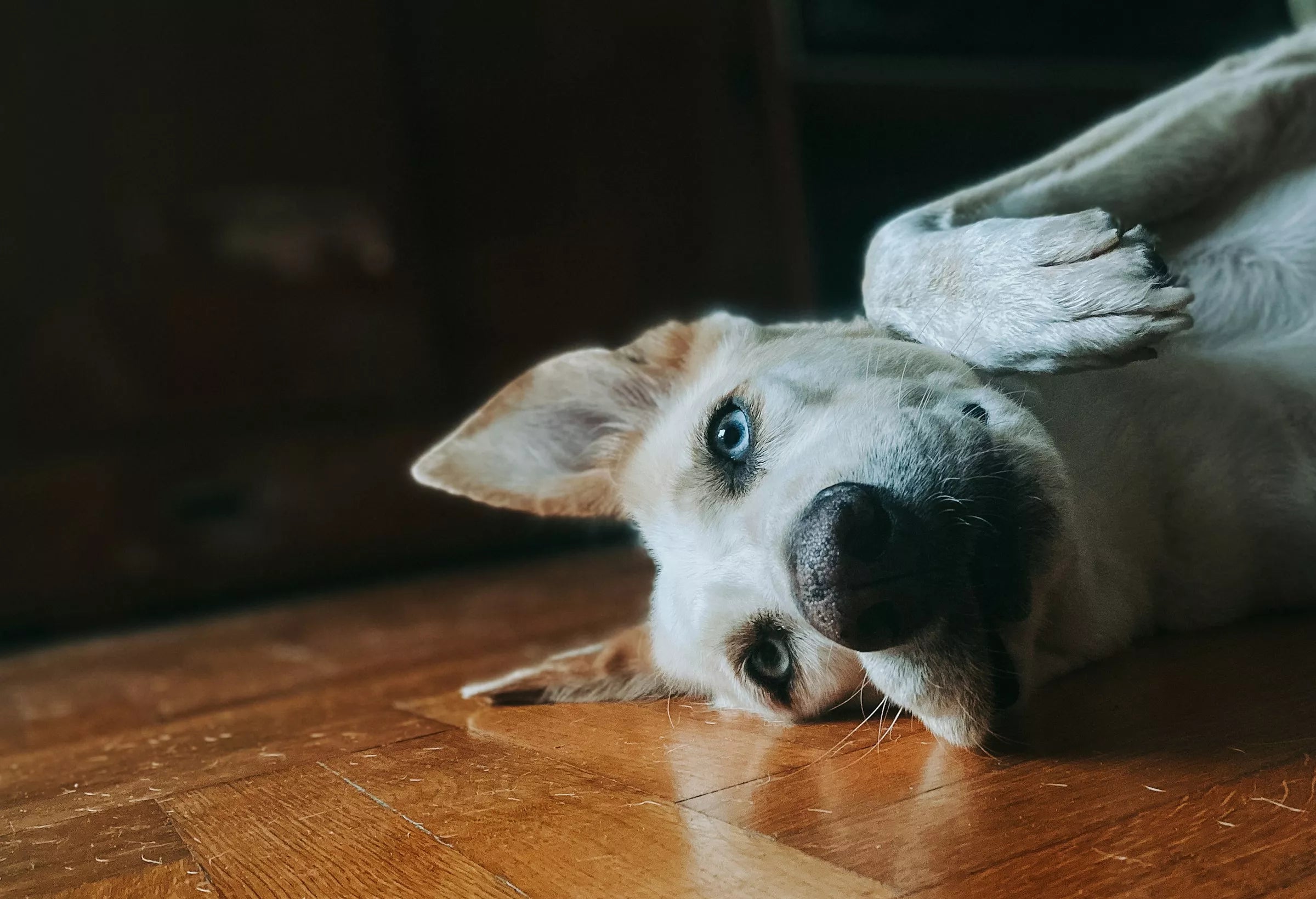
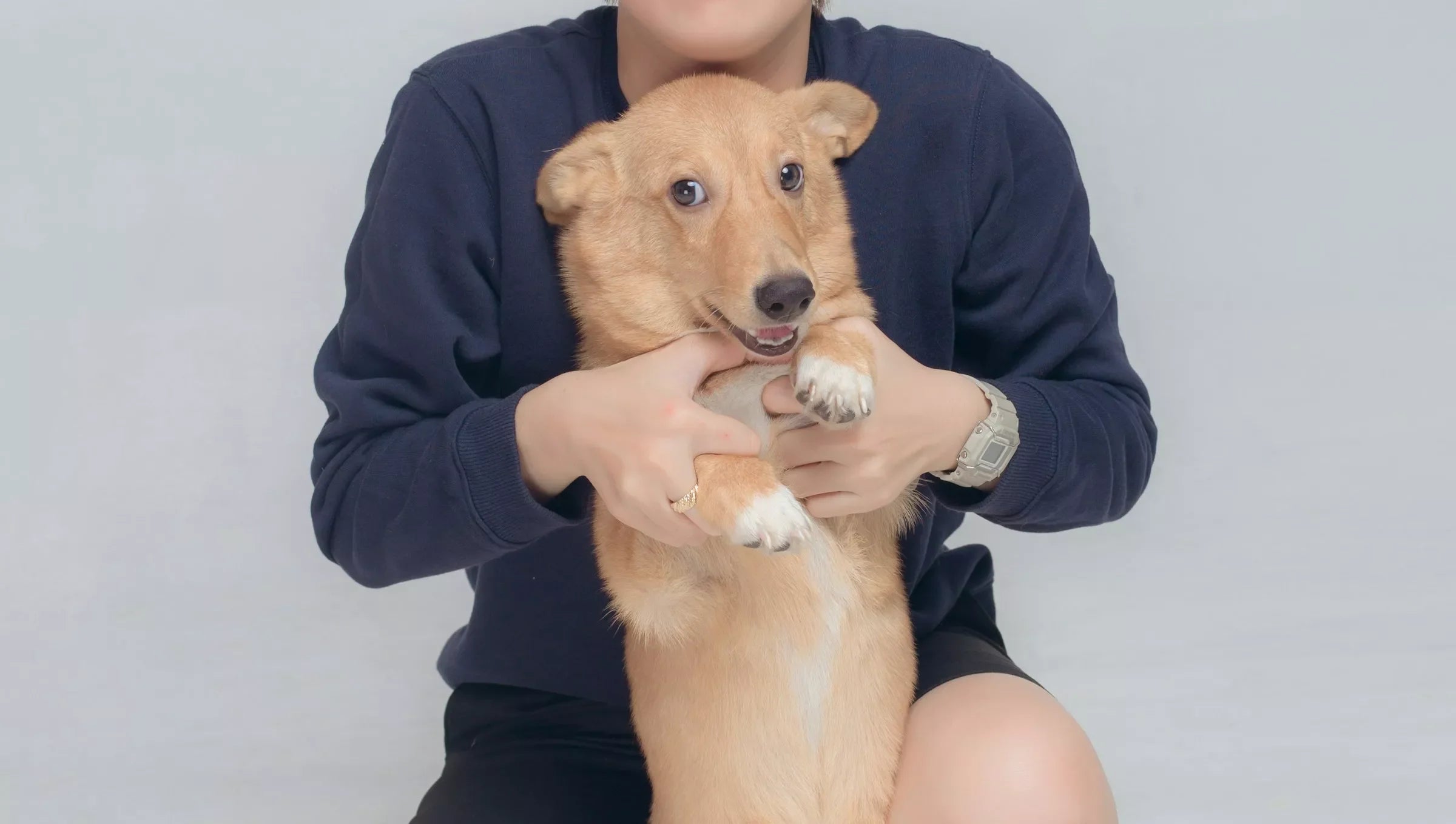
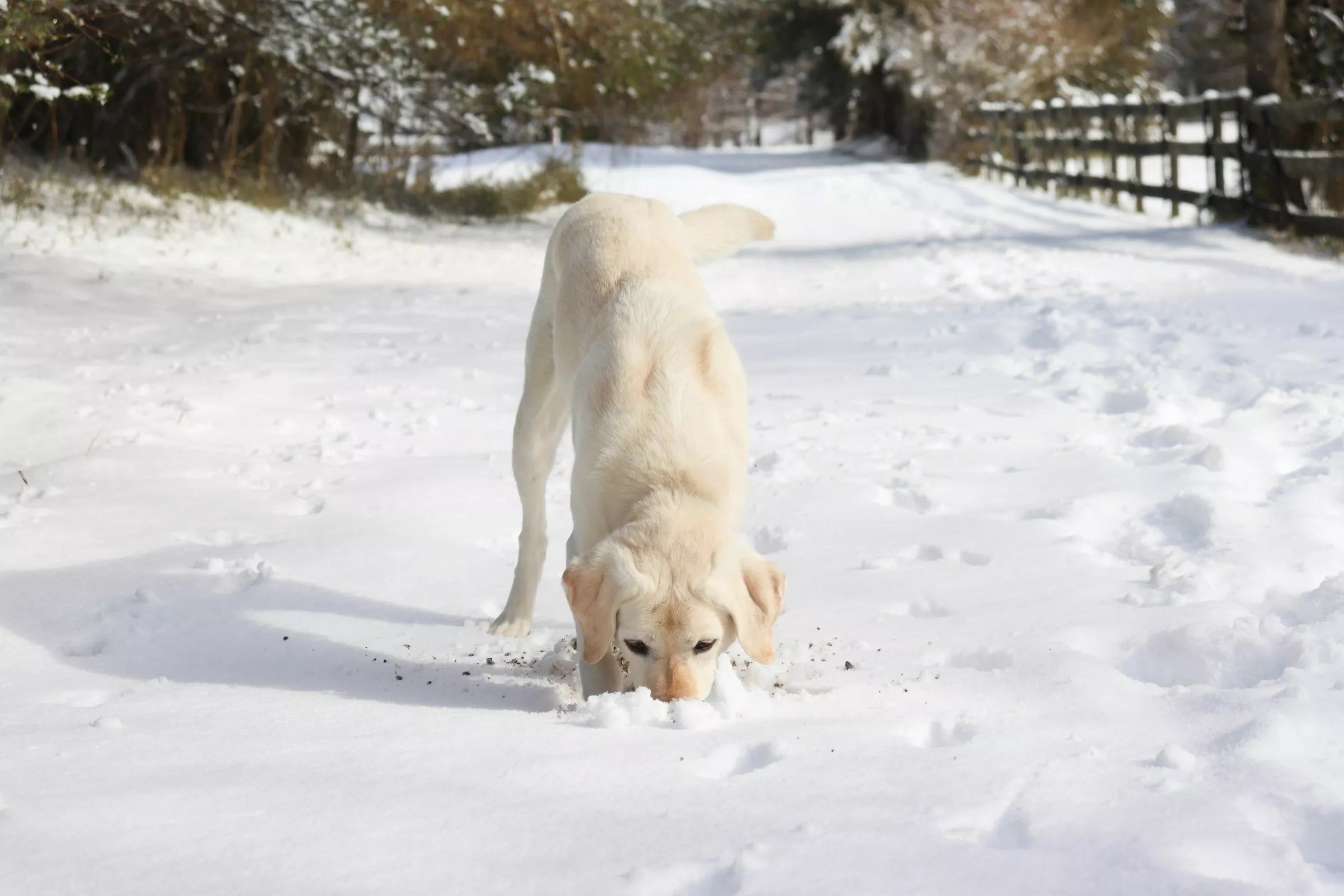






Share:
Best Diets for Senior Dogs
5 Signs You Have a Happy, Healthy Dog